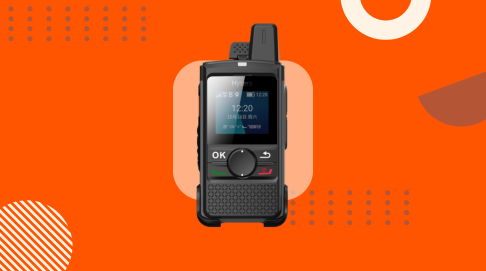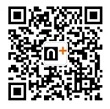
Thinking, insights, and News.NYCD team never stop thinking of innovation.
How Do Firefighting Radios Differ From Consumer Models in Industrial Design Details?

Ever wonder why firefighters' rugged communication walkie-talkies look and feel nothing like consumer walkie-talkies?
Let NYCD creative design team dive into industrial design distinctions that make firefighting radios specialized instruments, rather than commonly seen casual consumer electronic gadgets.
WaterProof
From common CMF design point of view, firefighting radios usually designed in red and black contrasting, but needed more in material and engineering - usually demand military grade resilience.
For instances, IP68-rated casings structure design that helps fire staffs laugh at dust storms and water immersion - essential when critical communication devices face collapsing buildings and flooded basements. But material selection barely scratches surface of telecom product development magic.
Audio Enhancement
Audio engineering separates firefighting heroes' tools from mall security units. shoulder mics with aggressive noise cancellation and boosted output.
Imagine shouting through roaring flames yet hearing teammates clearer than podcast hosts - that's telecommunication design engineering properly handling the sound structure that serving real-world chaos.
Indoor positioning
Indoor positioning reveals true product development genius for critical communication.
While consumer radios rely on basic GPS, firefighting models fuse with rescue beacons to map vertical/horizontal positions within 2-meter accuracy. Picture digital breadcrumbs guiding crews through smoke-filled labyrinths - a feature born from industrial designers collaborating with emergency responders.
Screen Component Design
Visual clarity becomes lifeline during emergencies. Product engineers, together with purchase agent, often obsess over high-contrast OLED displays showing channel data through sooty air. Compare this to consumer models' dim LCD screens optimized for casual glances rather than life-or-death decisions.
Why can't regular radios substitute firefighting models?
Commercial devices risk fatal flaws like accidental channel blocking or identity confusion during critical moments. NYCD's product development solutions include priority override systems and anti-interference tech that keeps command channels open when milliseconds matter.
Conclusion
Behind every firefighter's radio chirp lies robust infrastructure. We should integrate vehicle-mounted base stations that deploy like communication force fields at disaster sites.
This kind of industrial design philosophy transforms trucks into signal hubs, ensuring continuous connectivity where consumer networks crumble.
From gold-plated connectors resisting corrosion to programmable buttons surviving gloved-hand abuse, every industrial design detail tells survival story.
Next time you see firefighters communicating through infernos, water and dusts, remember - it's not just radio, but industrial design agencies' decade of product development expertise keeping those channels alive.




